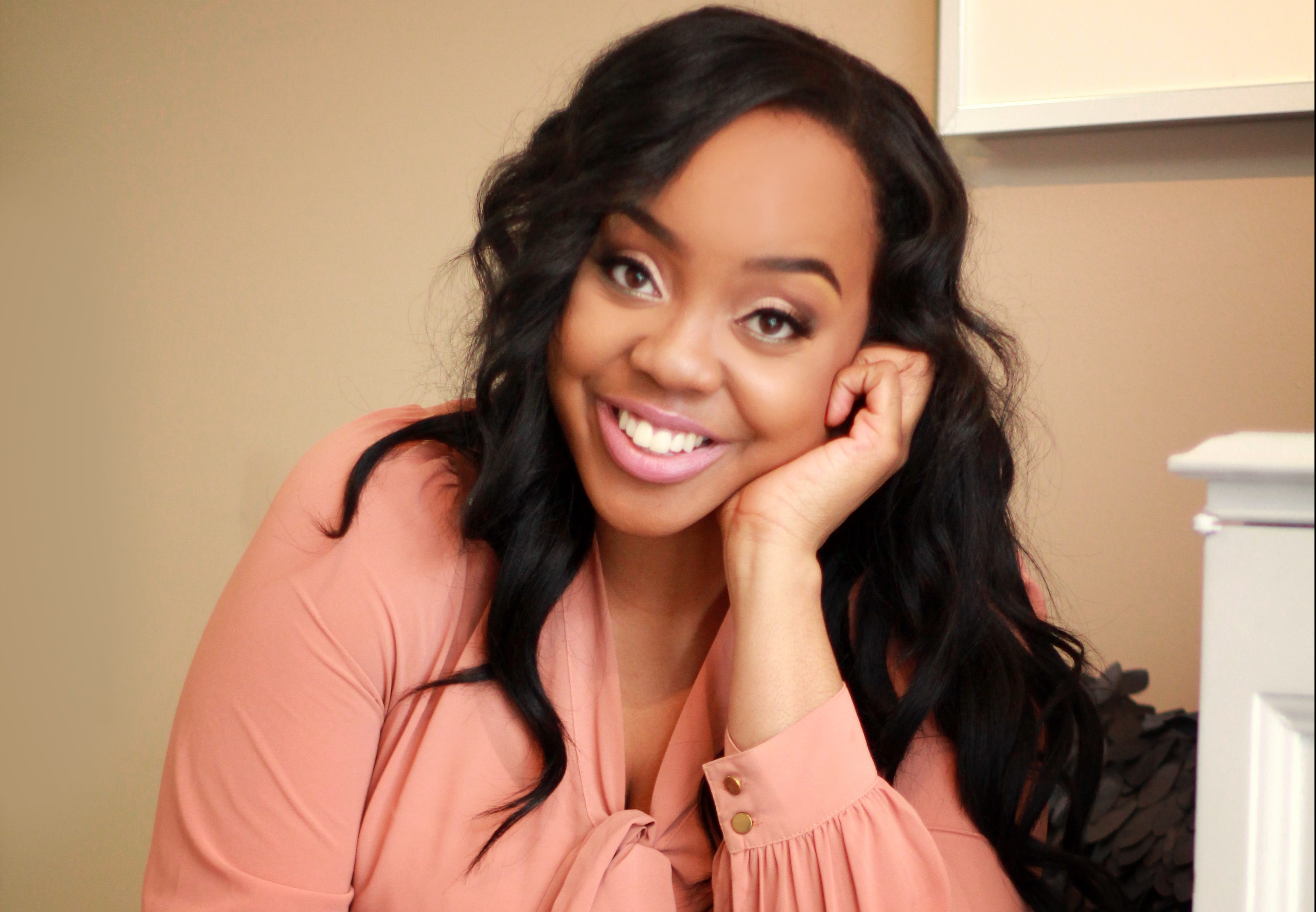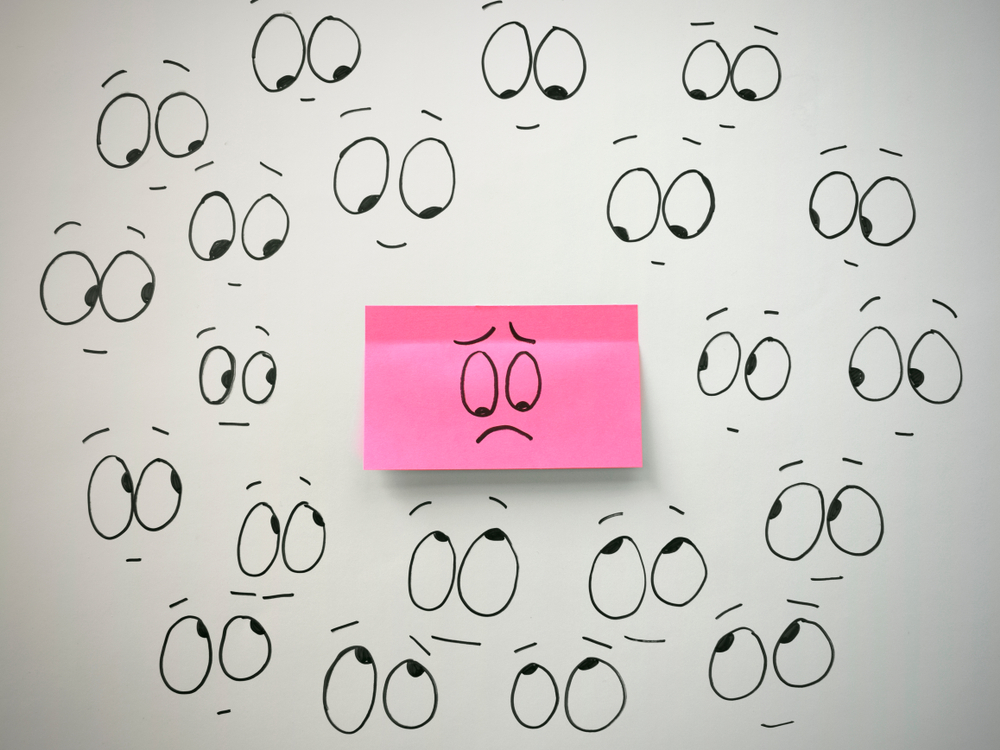Welcome to our special section, Thrive on Campus, devoted to covering the urgent issue of mental health among college and university students from all angles. If you are a college student, we invite you to apply to be an Editor-at-Large, or to simply contribute (please tag your pieces ThriveOnCampus). We welcome faculty, clinicians, and graduates to contribute as well. Read more here.
My first panic attack approached me on a regular Tuesday. Polite and timid, it tapped on my shoulder during an afternoon communications class and invited me into the hallway. Not all panic attacks are vicious and aggressive. There isn’t always a warning, a blackout, or a recognizable trigger that precedes an episode. My panic attacks are well-mannered, considerate, even — and aware of my ego. (I hate being embarrassed.) I find quiet, unoccupied spaces where I can crumble in peace. That Tuesday, a classmate found me in the hallway, lying in a ball and crying quietly. She called 9-1-1 and after monitoring my breathing for 10 minutes, a gentle and kind-hearted EMS worker told me nothing was wrong with me.
Here’s where it gets good. And by good I mean bad — which obviously means tragic. Telling a college student who is contemplating her existence, purpose, significance, and religious beliefs all while failing to find affirmation in healthy spaces that “nothing is wrong” is not only traumatizing, but it’s also false.
The worst of what’s happening in our lives isn’t always indicated by vital signs or visible clues discoverable by a physician. I was having a panic attack and, in my youthful ignorance, I mislabeled that moment a tantrum. Later that day, I convinced myself I just left class because I felt unprepared.
The truth is — I did feel unprepared. But I wasn’t feeling inadequate because of a communications class. I felt like I was failing at life in general.
I stayed in bed the next day. And the day after that. Then I spent the rest of the year trying to avoid another “tantrum.” I didn’t drop out of college, but I did everything I could to disappear. Online classes replaced on-campus options. Professors collaborated with me to create flexible options for submitting coursework during office hours. And, eventually, I graduated.
I wish I could wrap up with a Disney-style happy ending that involves a white horse, a knight, and a castle.
But no. I can’t do that for you.
I can’t sell you the same storyline that caused me to pursue unrealistic perfection. I shattered under the pressure of my family’s and community’s expectations. I wish there was just one childhood movie that illustrated the harsh reality that it doesn’t always work out. It doesn’t always “turn around.” Sometimes, the only change that happens during the lowest moment of your life will happen within you.
This isn’t the part where I say meditation and counseling fixes everything. Because it doesn’t.
Here’s the hard but necessary truth. Burnout isn’t a one-time event. I still panic. I still question my purpose and significance. Graduating from college didn’t nullify all of my insecurities. I’m healing. I’ve accepted that healing is a lifelong experience. I’m not assuming the last panic attack will be the final panic attack.
With every stage of life comes a new list of obstacles and opportunities to grow. It’s been 10 years since that first panic attack. Here’s what I learned:
1. Needing sleep doesn’t make you weak.
Seven to nine hours of sleep per night increases productivity and benefits physical health. I wasn’t sleeping because I wanted to save the world and control everything and everyone around me. My body rejected what I’d labeled “ambition” and demanded the rest it needed.
2. Needing help doesn’t make you weak.
Counseling and meditation didn’t “fix” me, but adding them both to my self-care regimen has helped me maintain joy and I enjoy being alive.
3. Needing love doesn’t make you weak.
When I was in college, I wasn’t communicating with my family. I was isolated and emotionally exhausted. I found friends that supplemented the emptiness but relationships built on a foundation of self-hate and resentment aren’t sustainable. I spent time with people who helped the time pass. I dated. But it wasn’t until I loved myself enough to implement a consistent self-care regimen that I started rebuilding the most important relationships in my life. Self-love saved my life and changed the dynamic of my relationships.
I hope that these lessons help you or someone you love.
Subscribe here for all the latest news on how you can keep Thriving.
More on Mental Health on Campus:
What Campus Mental Health Centers Are Doing to Keep Up With Student Need
If You’re a Student Who’s Struggling With Mental Health, These 7 Tips Will Help
The Hidden Stress of RAs in the Student Mental Health Crisis


